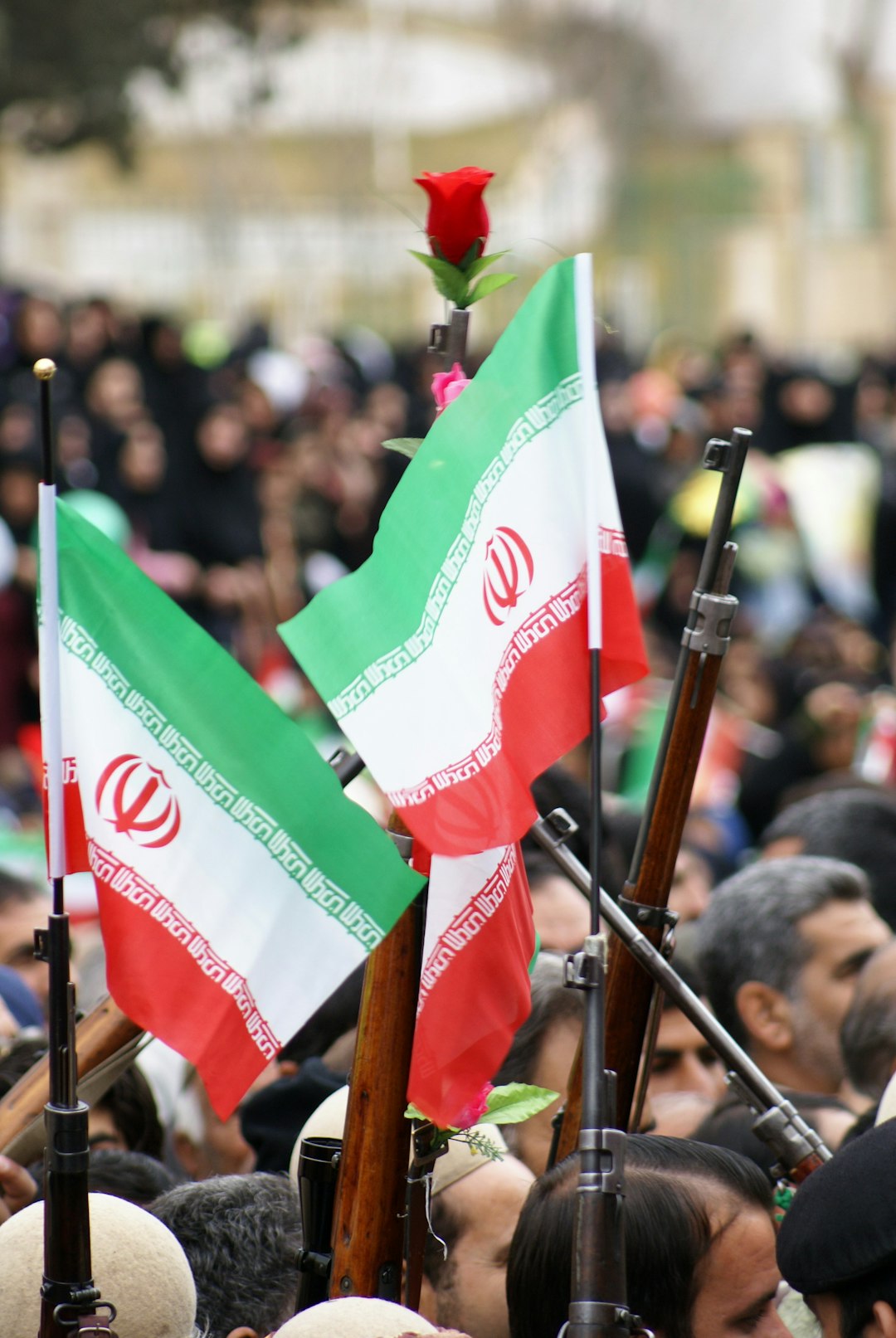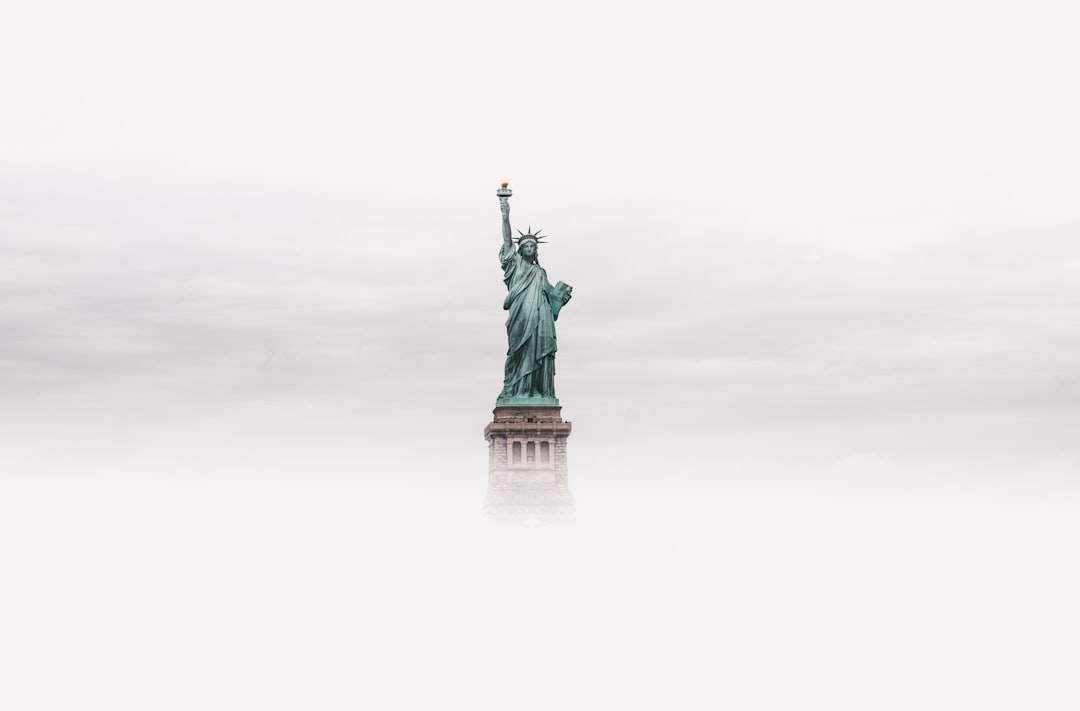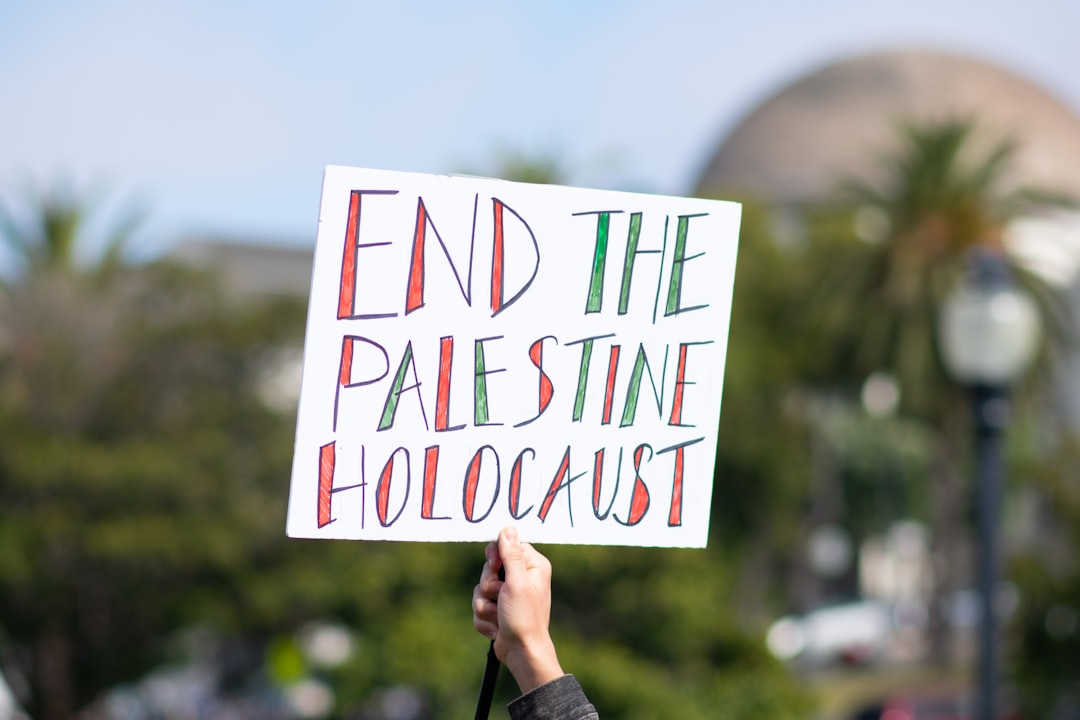‘The bad guys are winning.’
These challenges could make or break the West in 2024.
Please consider supporting our mission to help everyone better understand and become smarter about the Jewish world. A gift of any amount helps keep our platform free and zero-advertising for all.
You can also listen to the podcast version of this essay on Apple Podcasts, Google Podcasts, or Spotify.
Hamas’ war on Israel should be moving the West to rethink its place in the world, especially since Hamas is in bed with Iran, which is in bed in Russia, which is in bed with China.
“If the 20th century was the story of slow, uneven progress toward the victory of liberal democracy over other ideologies — communism, fascism, virulent nationalism — the 21st century is, so far, a story of the reverse,” wrote journalist and historian Anne Applebaum. “The bad guys are winning.”1
Against this background, the West faces a variety of major challenges that will shape the new world order. Four of these challenges, which are constantly developing, involve:
1) Politicization of Education
It’s one thing to improperly absorb and assimilate new immigrants. It’s another to put our kids through an education system that does not give them a basic understanding of their country’s history, government, Western civilization, and economics.
Instead, more and more school systems are exponentially infusing their curriculum with concepts like critical race theory, political correctness, and multiculturalism. Students are taught to be “global citizens” rather than citizens of their own countries.
In America, a nationwide movement called “liberated ethnic studies” seeks to introduce a divisive and politicized project into the country’s K-through-12 curriculum, disavowing a central tenet of education fostering national unity and cohesion. As part of their efforts, teachers are targeted for indoctrination into an ideology that casts Jews, Zionism, and the State of Israel as enemies of progress and oppressors.
Unsurprisingly, prominent consultants associated with “liberated ethnic studies” are BDS movement advocates whose purpose is to aggressively inject everyone with heavily biased and grossly inaccurate anti-Israel materials.
The politicization of education has even “inspired” schools — yes, schools — to take a “stand” in the Israel-Hamas war. For example, the teachers’ union in Oakland, California issued a statement saying: “The Israeli government created an apartheid state. We unequivocally condemn the 75-year long illegal military occupation of Palestine.”
“Over the past few years, schools have increasingly become sites of conflict,” said John Rogers, a professor of education at UCLA. “That has made schools more contentious spaces and education politics more partisan.”2
2) Western Complacency
Luai Ahmed, a Yemenite content creator, recently said: “As someone who sat in mosques as a child and heard the imams preach incessantly, ‘We must kill all Jews,’ I am not surprised by the level of antisemitism that has been brewing on social media since October 7th. But I am shocked by the complacency of many Westerners.”3
Russia’s war against Ukraine has awakened the West from its lethargy, but is not a reason for self-congratulation. The emergence of a new axis of totalitarian states has left us struggling to counter the aggressions of Russia, China, and now Iran in the Middle East.
After Hamas committed the massacre in Israel on October 7th, the West should have come out and said clearly, loudly, that the ties between Hamas and the Islamic Republic of Iran are damning. They could take a much more aggressive posture toward Iran, which has since been directing its proxies in south Lebanon (Hezbollah) and the Red Sea (the Houthis) to attack Israel as well.
The question for the Americans and Europeans is: Do we want to apply a bit more muscle? But, obviously, the shadow of Iraq and Afghanistan hangs over everything they do (and don’t do) in the Middle East.
“I don’t yet detect a really serious desire for the United States to get serious about cornering the Islamic Republic, punishing it for its misdeeds,” said Reuel Marc Gerecht, a former Iranian-targets officer in the CIA.4
An empowered Iran gives Islamic radical leaders confidence that they can continue to lull the West into a sense of complacency — via the murky waters of ignorance, apathy, and a lack of moral clarity — leaving it vulnerable to catastrophic attacks. Pundits, politicians, and everyday people seemingly refuse to acknowledge the commitment of Islamic radicalism’s intentions, and this failure is crippling Western efforts to develop a strategy that can counter these Islamic radicals.
If the West and its leaders do not take this threat seriously, devise an enduring strategy, and commit sufficient resources to it, the next October 7th will be more devastating than the last.

3) ‘Enlightened Racism’
For many people in the West who are either totally secular or minimally inspired by faith and religion, it can be difficult to understand why so many Israelis are first and foremost concerned with the Jewish character of Israel.
According to Nissim Mizrahi, a sociologist from Tel Aviv University, the politics of universality — a secular, liberal worldview — can lead to “enlightened racism” that tarnishes traditional, religious, and other peripheral communities, and negatively labels their worlds, their way of life, and their culture.
“I call it liberal violence,” said Mizrahi, “for it is the distaste shown for any religious or national expression.”
For the kind of post-modern liberals (also known as “progressives”) who currently dominate the culture, “enlightened racism” (presuming they agree it even exists) means “free speech” enthusiasts defend this “right” carte blanche, and then call for the censorship of views they despise. They slap the word “extremist” on every point of view, except for theirs.
“Peaceful protestors” use this “right” to disguise their micro-aggressions, bullying, intimidation, fear-mongering, and gaslighting. What’s more, these protests and other related demonstrations take place against the backdrop of “moral absolutism,” a view that some (potentially all) actions are intrinsically right or wrong, regardless of context or consequence.
In all likelihood, “moral absolutism” can be traced back to the Enlightenment project from the 18th century. It was an attempt to build “morality” (a word that had not existed in this sense before that time) disconnected from faith and religion. Before then, the West, in short, was Christendom.
“But Christendom died,” wrote Paul Kingsnorth, a novelist and essayist. “If you live in the West now, you are living among its ruins. Many of them are still beautiful — intact cathedrals, Bach concertos — but they are ruins nonetheless. And when an old culture built around a sacred order dies, there will be lasting upheaval at every level of society, from the level of politics to the level of the soul.”5
The vacuum created by Christendom’s collapse was filled by the poisonous gas of consumer capitalism. It has now engulfed every aspect of our lives in the way that the Christian story once did, so much so that we barely even notice as it colonizes everything — from what we eat, to education and media, to the values we teach our children.
We’ve become addicted to individualism and the power of money, which has made everyone a proverbial “prostitute” — each with their own asking price, some more expensive than others.
For example, at least 200 American colleges and universities received approximately $13 billion in undisclosed contributions from foreign regimes, many of which are authoritarian, to influence Western academia and keep administrators quiet about, say, the Palestinian massacre in Israel on October 7th.6
Hence why “the West” has become, at least in some places, void of living virtues. Meanwhile, its counterpart, “the East,” is in many ways overly virtuous, characterized by ideology, hegemony, and tribalism. It’s no coincidence that today’s most powerful king lives in Saudi Arabia, not England.
Literally and figuratively, the State of Israel sits in the very middle of “the West” and “the East” — often taking the best from both worlds, but not quite fitting in to either one. For this reason, the Arabs see Israel as a foreign creature. And they fear its existence as the only Western semblance in the Middle East. They feel that Israel endangers their culture, their religion, and the structure of their society and regimes.
Back in the West, Israel’s nationalist doctrine (Zionism) doesn’t sit well with those who aspire to create a post-nationalism world. But many Israeli Jews, unlike many Western Jews, understood that the West has become dangerous for Jews again, not because the enemies of tolerance, liberty, and freedom are strong, but because the democracies who defend these values are weak.
When governments overlook chants like “Gas the Jews!” and “Intifada worldwide!” in the name of “free speech,” and when Islamic jihad and such sympathizers are protected by “freedom of religion” — yes, Western governments are weak.
“The single most important thing about Israel that most people do not understand,” said Walter Russell Mead, a professor at Bard College, “is that the Jewish state was founded on a reasonable and historically justified skepticism about the ability of the liberal order to protect Jews.”7
4) Illiberal Democracies
Liberal democracy is in trouble due to the rise of autocracies and illiberal democracies, a governing system that hides its nondemocratic practices behind formally democratic institutions and procedures.
According to historian Maureen Lauruelle, the key element that differentiates illiberalism from conservatism is its relationship to political liberalism. Classical conservatives are fervent supporters of political rights and constitutionalism, while illiberalism challenges them.
For classical conservatives, the political order is a reflection of the natural and family order, and therefore commands some submission to it. For illiberals, today’s political order is the enemy of the natural order and should be fought against.
Some illiberal democracies, particularly those in the West, are a reaction to over-indexing on heavily liberal democracies and their lax policies around, for example, immigration. Liberal immigration policies have imperiled several Western countries because of unorganized, ineffective immigration infrastructure, which has resulted in inadequate absorption and assimilation.
Historian Niall Ferguson said the failure has been in not explaining to immigrants “what the deal is if you come to a new society. You have to accept the norms, the laws of that society. And if you don’t, if your allegiance remains to some other power, then you’re not fulfilling your side of the implicit contract.”
Not all immigrants are created equal, though. Latin American immigrants in the United States might have illegally made their way there, but you rarely hear about Latin Americans championing destruction and downfall of “the West.”
Muslim immigrants are a different crop, because they often bring with them an immense devotion to Islam, which is a religion as much as it is a political doctrine. And there are profoundly different sociopolitical traditions between Islam and the West.
“The whole point about Islam is that it doesn’t recognize a distinction between mosque and state, the way that Christianity recognizes a distinction between church and state,” said Ferguson.
Hence why, in much of the Middle East and North Africa, society is fundamentally unstable. Lawrence, who knew Arabia well, compared it to shifting sand that one moment speaks quietly and the next turns into a storm.
“It is a society that has a strong tendency for violence, a society that can only exist under the rule of tyranny. It is a society that is overly preoccupied with genius, pride, and victory. It is a society that in a certain sense is still characterized by the ancient mentality of ancient times,” said historian Benzion Netanyahu.
“And when the combination of this ancient mentality with the modern weapons of destruction is created en masse, the conditions will be created for the emergence of global shocks, and in my opinion a threat like no other was created, not only for Israel, but for the entire West.”
“The Bad Guys Are Winning.” The Atlantic.
“US public schools took a stance on Israel-Hamas. The backlash was swift.” The Guardian.
Luai Ahmed on X
“Israel and the Islamic Republic of Iran.” Sapir.
“The West has lost its virtue.” UnHerd.
“THE CORRUPTION OF THE AMERICAN MIND: HOW CONCEALED FOREIGN FUNDING OF U.S. HIGHER EDUCATION PREDICTS EROSION OF DEMOCRATIC VALUES AND ANTISEMITIC INCIDENTS ON CAMPUS.” NCRI.
“The Arc of a Covenant: The United States, Israel, and the Fate of the Jewish People.” Knopf.




This is an excellent article. However, I have some questions.: What do you mean by “natural order” when you speak about conservatives, liberals, and illiberalism? And are you only referring to democracies in countries with a predominately Christian population? In case, you’re not just referring to predominately Christian cultures but also to predominately Muslim cultures, the “natural order” in those would probably look quite different. Can there be/Are there any truly democratic countries with a Muslim majority (if it’s not fundamentalist), or is that totally impossible due to the lack of separation of mosque and state? Is there even are true separation of church and state in all predominately Christian countries? After all, religions still do influence some politicians.